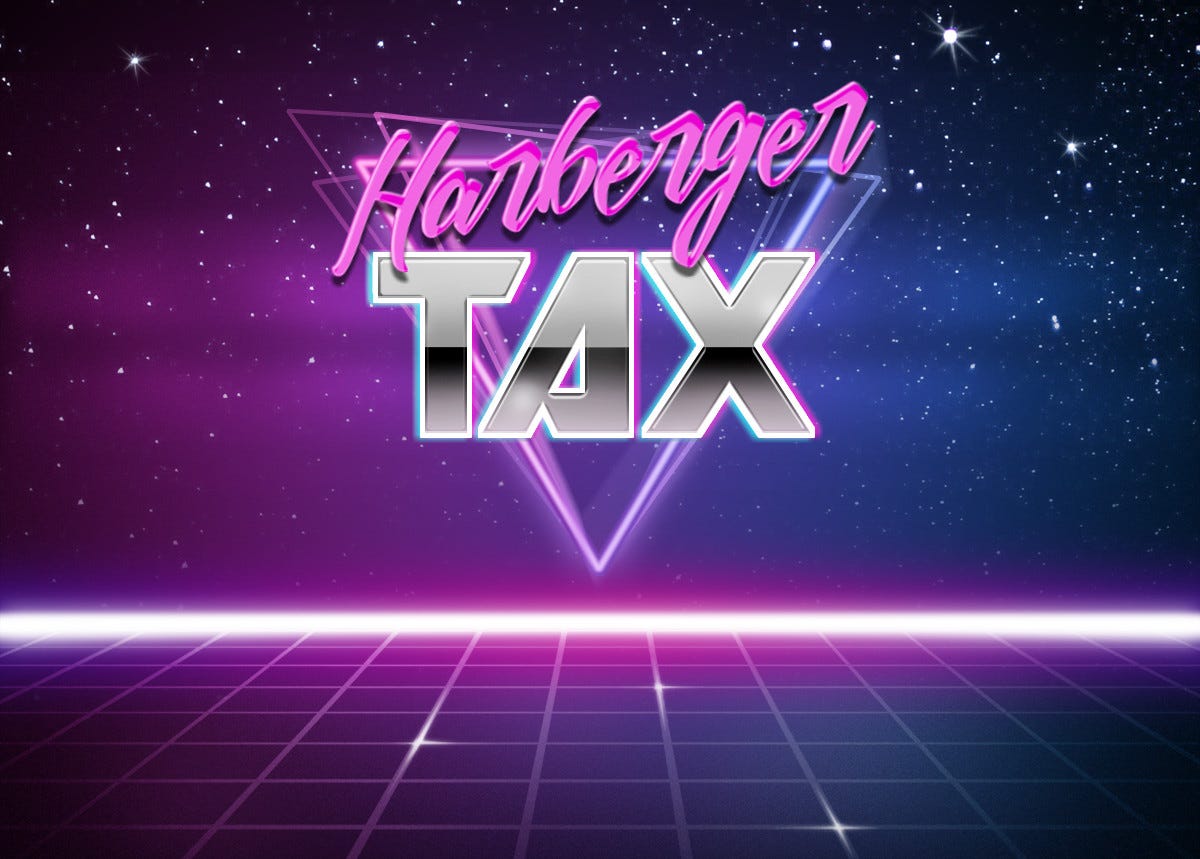
什么是哈伯格税,以及基于区块链的实现可能

Harberger Tax is an economic policy that aims to strike a balance between pure private ownership & total commons ownership in order to increase general welfare of society. It helps ensure that property is more productively utilised by the society, resulting in an increase of overall economic productivity and general welfare of society. It keeps the power of the market, whilst reducing the inefficiencies in how property is currently allocated. At a relative cost to efficiency in investment returns, it reduces the prevalence of monopolies that exclude society from an asset’s wealth generating capabilities.
哈伯格税是一项旨在平衡纯粹私有制和完全公有制以增加社会总体福利的经济政策。它有助于确保社会更有效地利用财产,提高整体经济生产力和社会总体福利。它保持了市场的力量,同时减少目前低效的财产分配方式的使用。它以投资回报率为相对代价,减少那种将社会总体福利排除在资本财富创造能力之外的垄断现象。
It’s recently gained popularity due to the book, Radical Markets, from Glen Weyl & Eric Posner alongside the paper, describing it in depth: Property Is Only Another Name for Monopoly.
最近,随着 Glen Weyl 和 Eric Posner 的《激进市场》一书及论文的深刻描述,“财产只是垄断的另一种名称”这一理论变得很受欢迎。
It works by introducing two concepts to how property ownership works:
它引入了两个定义来说明财产所有权的运作方式: